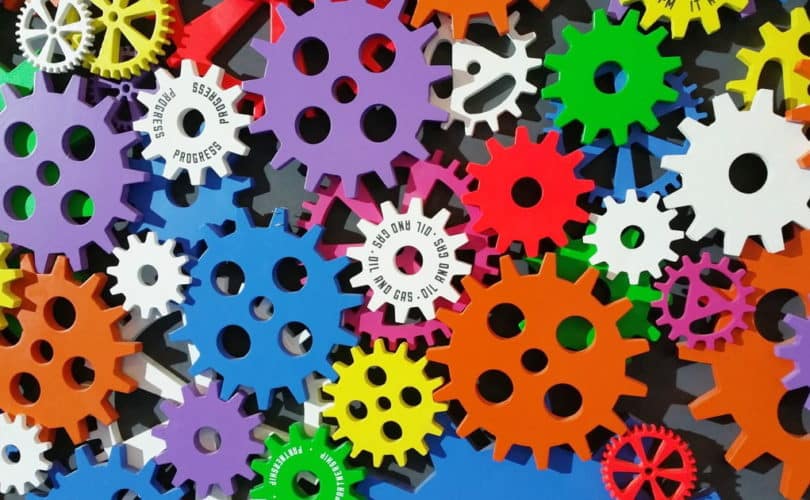September 12, 2022
Good morning!
These Musings are on summer hiatus.
What follows is an encore presentation of Musings from times gone by.
If you remember any of it, give yourself an A+
= = = = = = = = = = = = = = = = =
September 9, 2019 — Encore Presentation
Good morning!
Coming to you this morning from the far Down East coast of Maine near Machiasport and Starboard Cove.
This is the exact location of the first naval battle of the thirteen fledgling colonies vs. Great Britain in 1775; a second land-based battle was fought nearby in 1777.
Colonies 2 – The Brits 0
According to The Economist magazine, Vienna (Austria) is the most livable city in the  . My opinion: the sachertort is vastly overrated, but a pretty nice opera house.
. My opinion: the sachertort is vastly overrated, but a pretty nice opera house.
This past Saturday we enjoyed a bit of Dorian’s final category #2 tail thrashing as he exited via the North Atlantic, thunderous surf in his wake, the end-result, sunshine.
How to Change an Organization for the Better
More on our experience in a future edition…
- “To really change an organization for the better, do what you think is right… change requires courage, and often people don’t act courageously, but try to play it safe by asking for permission before they embark on any endeavour…
- if your contract doesn’t prohibit it explicitly, it’s allowed. Don’t double check everything with some authority, just take action!” (Mielke)
- Silos: Continued from an earlier Musings while crediting Harvard Business Review:
- “What motivates people to share or hide knowledge?
- “When we analyzed the data on what motivates participants to share or hide knowledge we categorized their responses as being either autonomous motivation; e.g., meaningful or enjoyable, or controlled motivation; i.e., reward/ punishment.
- “Our results showed that knowledge sharing is more likely when employees are autonomously motivated.
- “For example, it’s important to share what I know with colleagues’ or ‘it’s fun to talk about things I know’.
- “In contrast, people are more likely to hide their knowledge when their motivation is driven by external pressures; e.g., I don’t want to be criticized or I could lose my job.
- This means that pressuring people to share knowledge rather than help them to see the value of it doesn’t work very well.”
- (More on this Harvard Business Review article next week.)
- This means that pressuring people to share knowledge rather than help them to see the value of it doesn’t work very well.”
- “In contrast, people are more likely to hide their knowledge when their motivation is driven by external pressures; e.g., I don’t want to be criticized or I could lose my job.
- “For example, it’s important to share what I know with colleagues’ or ‘it’s fun to talk about things I know’.
- “Our results showed that knowledge sharing is more likely when employees are autonomously motivated.
- “When we analyzed the data on what motivates participants to share or hide knowledge we categorized their responses as being either autonomous motivation; e.g., meaningful or enjoyable, or controlled motivation; i.e., reward/ punishment.
- “What motivates people to share or hide knowledge?
- I have a friend, a retired CPA, who is an expert at ESOPs and is looking to serve on a couple boards.
- If you know of a need, this person would be a great candidate — a selfless, erudite contributor.
- ” If you want to experience or accomplish something, change your language from “I don’t have time” to “I haven’t made time” and watch how much you achieve!” (Penner)
- What are you reading?
- Dressing for Dinner in Vermont — IF, The Untold Story of Kipling’s American Years, Benfey, 2019.
- I’ve long had an affection for Kipling if only because I was introduced to him by a second father figure I so admired.
- Dressing for Dinner in Vermont — IF, The Untold Story of Kipling’s American Years, Benfey, 2019.
- When will you give yourself the greatest gift of all, the gift of time?
- Schedule a no-obligation, no-cost initial exploratory visit with Without a Vision Consultancy today.
- My friend and reader, John, asks for a correction to the record regarding Saul. John is correct. Though tradition encouraged by various medieval and Renaissance paintings suggests otherwise, there is no mention of a horse
 anywhere in scripture; it simply says Saul fell to the ground
anywhere in scripture; it simply says Saul fell to the ground
Taking Time — or God’s Gift
By Michael A. Mullin
On the coast of Maine
the tide keeps time as it has for
all of time — since the earth and the moon and the sun were formed.
Galileo, Newton, Einstein, and others teach us the tides are relative
to mass and gravity;
the bigger object always wins, but not if it’s farther away.
What if the moon were twice its size?
Would the oceans teem with twice the tempest?
Do big lakes have tides; swamps like the Everglades?
The basins fill, the shorelines disappear,
then like a pendulum the gazillions of gallons
rush back to distant shores to fill bays and inlets and harbors
drained just hours ago.
This rhythm of the tides, what if it has nothing to do with Newton’s thoughts
and it’s millions of giant whales breathing in and out, eating plankton?
What if one day they weren’t hungry and decided to eat no more?
What if, as the barely-ambulatory, bent-over stranger quipped
with contented confidence, “It’s God’s gift.”
Ebb and flow, constant, always the same.
Waters brimming with life, ever-changing, never the same.
©2017 Michael A. Mullin





